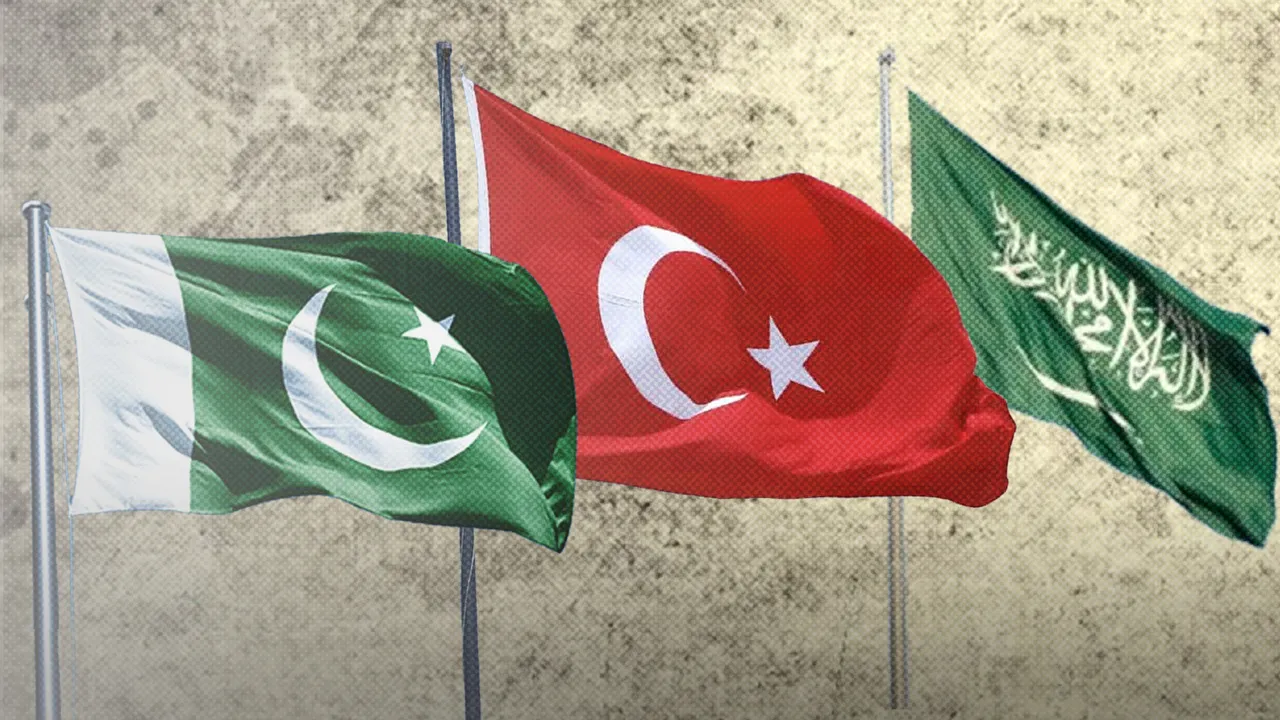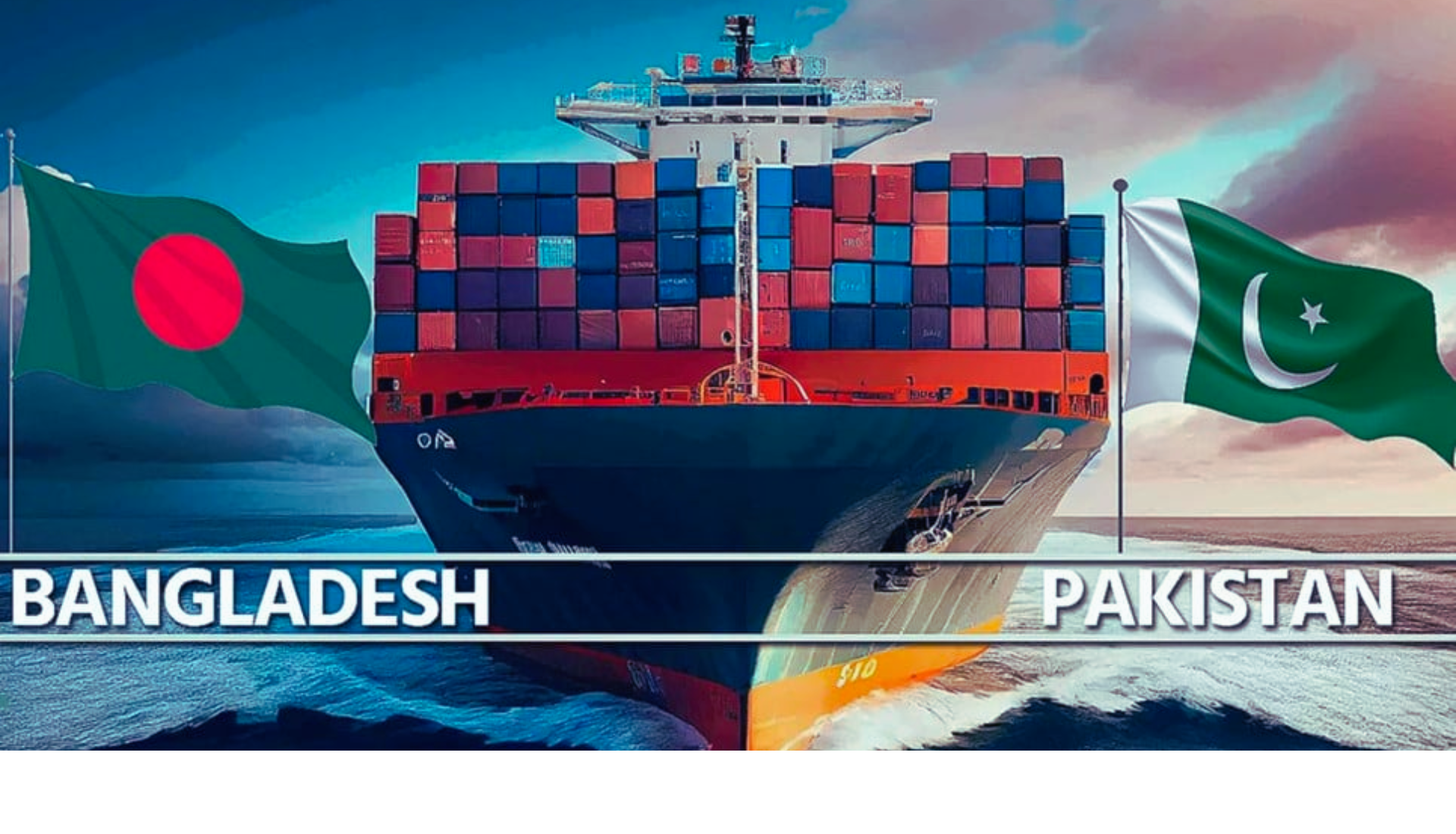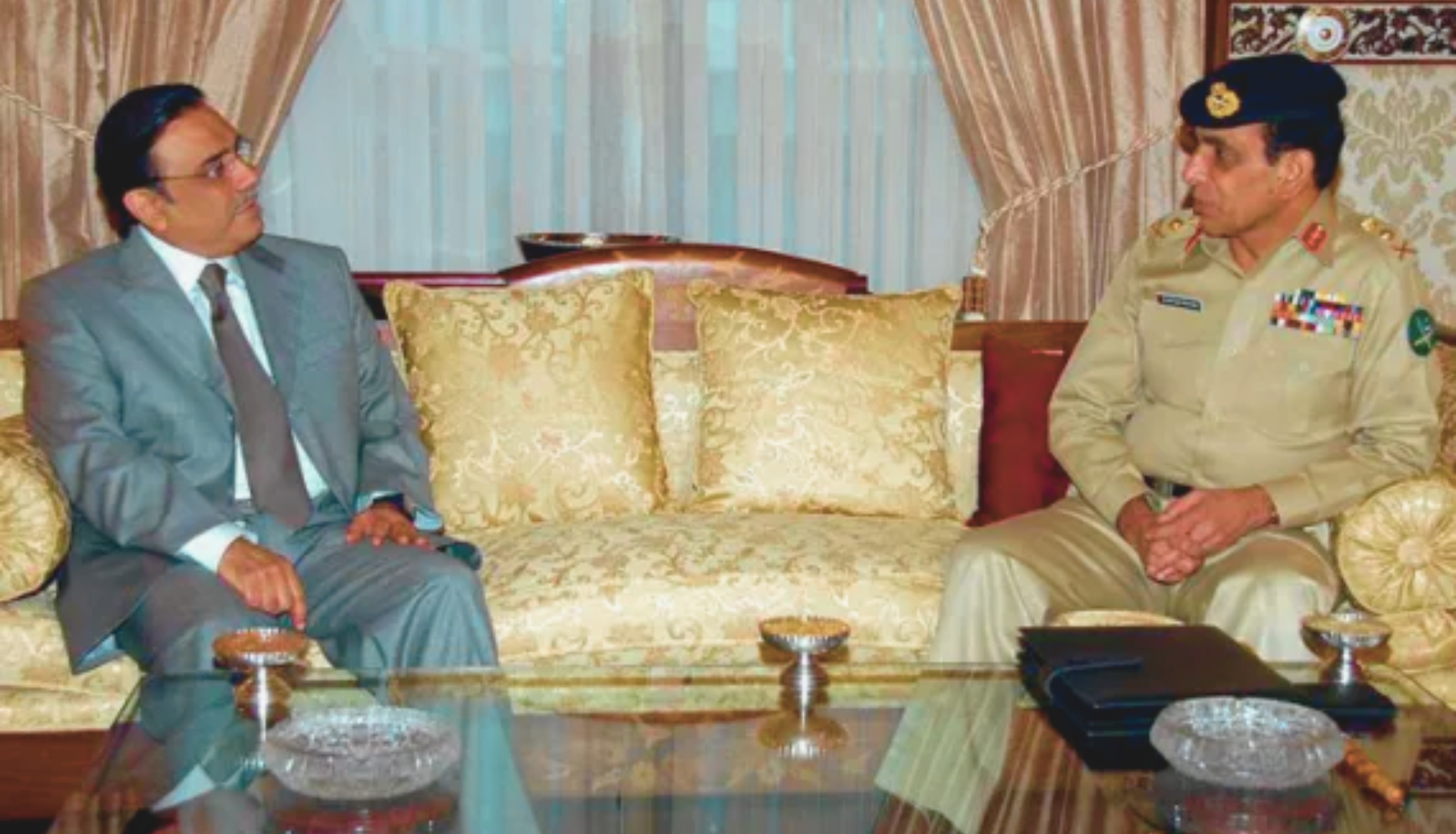Chinese goods
Two of the officials from the government have claimed to take measures over curbing the entrance of re-routed Chinese goods to India. The preventive measures are underway to ensure that the trading partners won’t bring the neighbours good to India.
Moreover, both the countries have not been at good terms lately, the sour relation is now reflecting itself in the economic policies. India is pushing for self-reliance along with assuring minimal interference from China.
Strategic management of Trade
The officials have let out initiatives regarding keeping a check over raising the quality and standard of imports. Quantity restrictions are to be imposed along with mandate stringent disclosure norms. Also, goods coming from Asian countries see more frequent checks initiated at ports.
Targeted Products
Additionally, base metals, electronic components for laptops and mobile phones, furniture, leather goods, toys, rubber, textiles, air conditioners, and televisions, among other items are targeted for imports.
Countries at the receiving end
Malaysia, Thailand, Vietnam, and Singapore, which have FTA (free trade agreement) are likely to suffer more from the announced moves.
Similarly, \”Raising duties has a limited impact,\” said one of the officials. \”Now we want to raise quality standards and also make sure that goods in FTA routes have roots in those countries. So, customs would be more vigilant than before.\”
Raising Value-addition requirement
Raising value-addition requirements against the contemporary level of 20-40% is important for the imports from these countries.
Furthermore, the official added. “A lot of Asian partners have become a place where just Chinese goods are routed. We are going product by product to design various kinds of action, most of which will be on non-tariff lines”.
India-China face-off
The two have been taking turns at combating each other on both military and economic fronts. The tension has recently escalated in the Himalayan border dispute killing 20 of India’s soldiers.
Also, China is the second-biggest trading partner of India. The trade deficit reached $53.57 billion for India in the fiscal year 2019. While the trade equals to worth $87billion.
ASEAN treaty review needed
Thai and Malaysian authorities deny receiving any official information on raising non-tariff barriers or re-routing of goods.
In a statement to Reuters, the Thailand trade ministry asked for the ASEAN treaty to be more inclusive. Primarily in terms of tariff liberalization, rules of origin, and having simpler customs and verification procedures.
The trade deficit for India
India officials say the government will be taking a mutually beneficial route with its trading partners. Since it has a trading deficit with most of the countries under FTAs.
George Paul, CEO of the Manufacturers\’ Association for Information Technology said, \”Very clearly in ASEAN agreements India has got, in many respects, the bad end of the stick. Particularly in the field of electronics.\”





